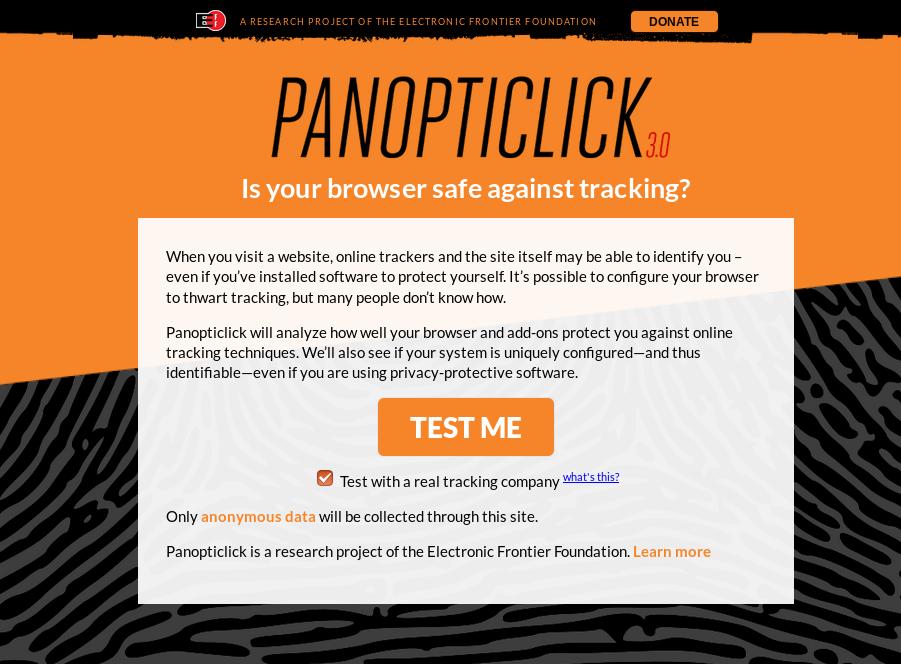All Posts
How to NOT implement a website privacy policy
Yesterday, following some a link provided by a friend, I read an article recently published by the Star Online magazine. I wanted to add a comment to that article, but only found in that page the following statement (see [screenshot

): “If you’d like to post a comment on the issue, you can do so at The Star’s Facebook."
A cultural side effect of "what happens on Facebook and Twitter when you die"
British Magazine Pc Pro has an interesting article about something which, they report, happens one and a half million times a year:
The big limits of today's email: privacy, barriers and robustness
Email is one of the most useful and more widely used applications of the Internet. So far, however, I have met very few people that seem aware of how suboptimal its usage is, or of the problems that may arise when many people will start to realize it. Please note that, while the rest of this page explains these statements only in the case of email, most of it applies to any other form of direct, person-to-person communication through the Internet (chat, IM, VoIP phone calls, social networking through Facebook or Ning…).
The real obstacles to personal email management: unaware users and (absent) laws
Email is a crucial, basic service that is almost impossible to not use these days, but the way email is normally used these days has serious limits. The most common answer I get when I try to explaine those limits is some variation of “you may be right, but… I’m not I software programmer and never will, so I have no choice but to use what’s around”. This is wrong.
A simple exercise about online privacy
We regularly hear from prime time news or urban legends how Internet is some sort of Big Brother (the real one…) able to track and report to some more or less hidden controllers everything we do online, to the point that what was once called privacy is dead.
If you died now, who would look after your digital YOU?
You’ve surely seen, at least once in your life, one of those very romantic, hearth-breaking movies in which some John or Mary die but, just one moment before passing away says to whoever is tenderly holding his or her hands something like:
